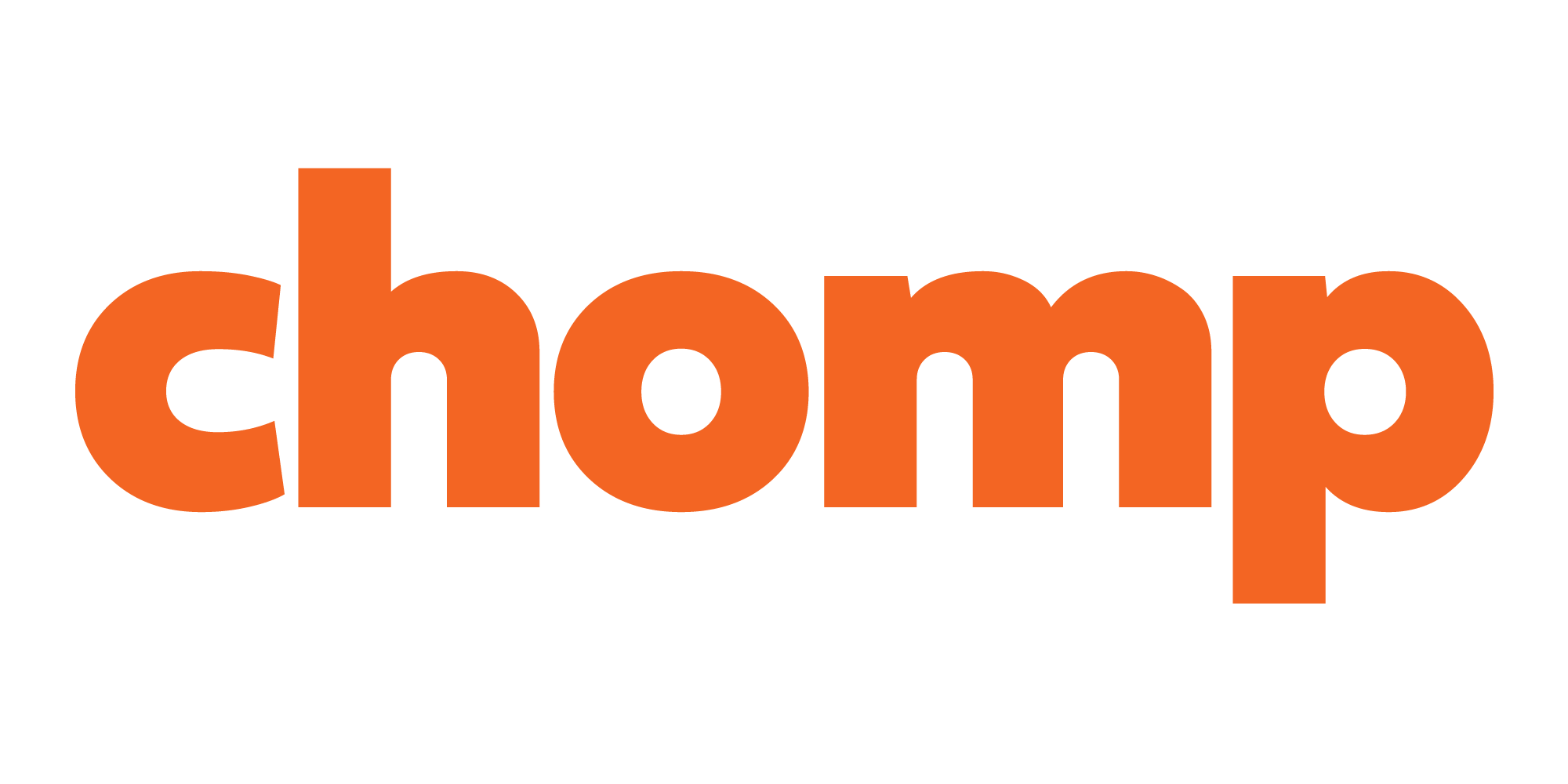
This new standard aims to provide a more comprehensive and practical approach to food safety management in the food industry.
What is Standard 3.2.2A Food Safety Management Tools?
Standard 3.2.2A is a new food safety standard for food service businesses, and was enforceable from 8th December 2023.
The three key changes are: requirements for food handler training, a food safety supervisor, and evidence that specific food handling activities are being adequately managed.
All food businesses in Australia who are considered Category one businesses will need to implement all three food safety tools. Category one businesses are food businesses who process food onsite in a kitchen which is then served to a consumer to eat without further processing.
Let's take a closer look at the three tools:
1. Food Safety Supervisor
A food safety supervisor, also referred to as FSS is a person who has a recognised, formal certification as a FSS. This certification must have been obtained in the past 5 years. A FSS will have recent, relevant skills and knowledge to handle food safely, particularly high-risk food.
2. Food Handler Training
Food businesses need to make sure that anyone who handles food has completed a food safety training course, or has appropriate skills and knowledge, before they start handling high-risk foods.
Food handler training must include:
- safe handling of food
- food contamination
- cleaning and sanitising of food premises and equipment
- personal hygiene
3. Evidence Of Food Safety Management
Food businesses must keep records or show that requirements for safely receiving, storing, processing, displaying and transporting food, as well as cleaning and sanitising are being met.
Food businesses must show how these have been achieved or verified via a record, or demonstrated to an authorised officer (food regulator).
Records must be kept for at least 3 months and can be paper based or digital.
Digital Food Safety Management Software
There has been a massive increase in kitchens moving to digital record keeping primarily for overall cost savings and brand protection.
The benefits of implementing a digital food safety management system such as Chomp include:
- Brand protection - digital kitchen record-keeping is accessible, current and concise ensuring that a venue is maintaining high food safety standards
- Always compliant - a good digital food safety management tool is updated with regulatory changes as they take effect
- Follows HACCP standards - an internationally recognised standard of managing food safety risk providing customers and verifiers/auditors assurance that a food safety plan is well managed
- Audit ready - with reminders to keep teams on top of food safety tasks, food businesses can be 'audit ready' at any time with the ability to generate audit reports and send directly to auditors
- Cost reduction - kitchen staff spend at least 3-4 hours a week, or 208 hours a year managing a paper food control plan. Using an average wage of $32.89 per hour* for a Head Chef, that's just around $6,8414 per kitchen! If your paper-based method is also causing staff to miss tasks or log incorrect records, you'll spend more time and money with the auditor.
Find out more about implementing a digital food control plan with an online demo.
*Source: Talent.com as at 23/02/23

